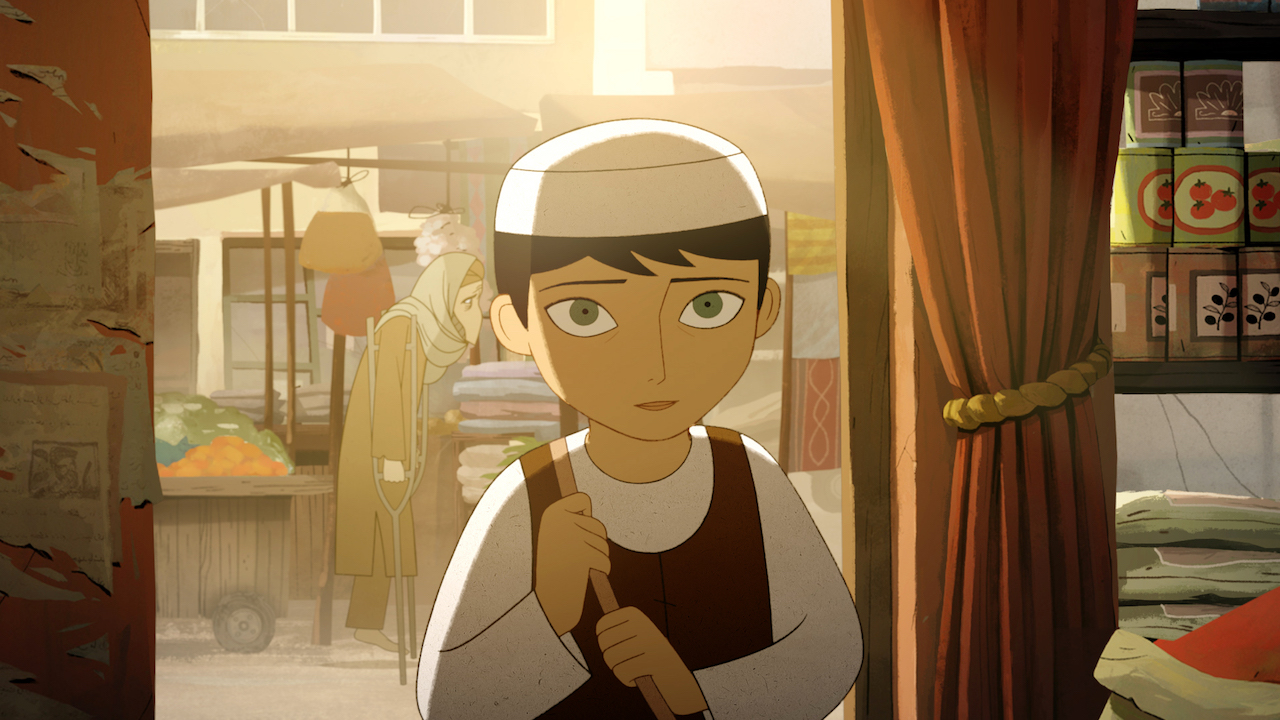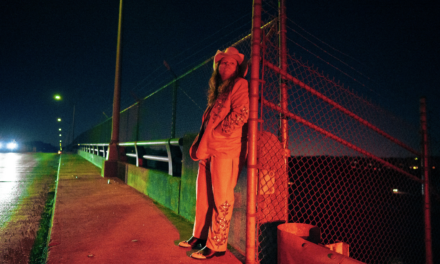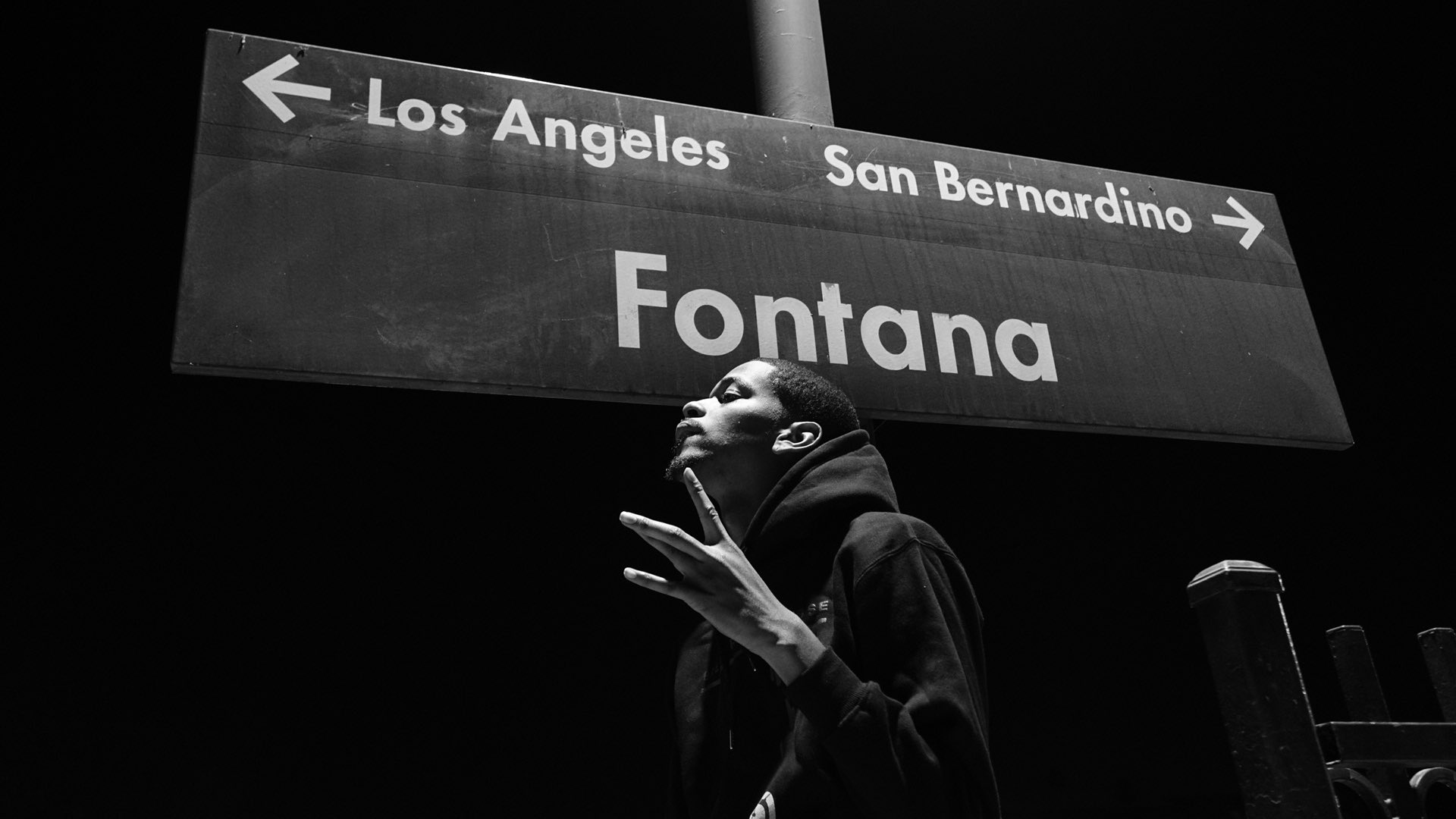Animation is a unique mode of storytelling in how it allows us to representationally explore narratives that would be infeasible to realize through traditional filming, but it also allows us the freedom to explore even conventional narratives in ways that are uniquely engrossing due to the necessary artistry of making images move. Studio Cartoon Saloon (best known for The Secret of Kells and Song of the Sea) specializes in realizing humanity in fantastical ways, so it should come as no surprise that their latest, The Breadwinner, is an absolutely gorgeous film to behold, capturing the hardship of life for modern Afghani women.
Parvana (Saara Chaudry) and her father sell their nicer possessions and offer letter reading services on the street in order to support Parvana’s mother, older sister, and infant brother. However, when Parvana’s father provokes the wrath of a young upstart in the Taliban, he is arrested and imprisoned, leaving the women of the family without a man to chaperone them through life outside their home. With food running low and options limited, Parvana cuts her hair and dons boy’s clothes to navigate their community without harassment. With the help of another crossdressing girl, Shauzia (Soma Chhaya), Parvana tries to save up enough money to bribe the guard of the prison to set her father free.
Animated with a stunning fluidity that rivals Disney’s hand-drawn animated work from the nineties, The Breadwinner is a perpetual pleasure for the eyes, drawing one in with the rich hues of the desert which act in stark contrast to the brutality of the world Parvana inhabits. The film is not shy about exemplifying how the rise of the Taliban has led to the systematic abuse and oppression of women, allowing them no support systems save for men who would abuse them, leaving good men with the options of speaking out and being imprisoned or playing along with the hopes that they won’t suffer such consequences. This harshness is not what one might consider standard fare for a movie about children, but that is part of the point in showing the lengths Parvana must go to ensure her family’s survival. After all, this is a role that no child should have to take, and yet Parvana must.
The film does come apart at the seams a little, though, as it insists on running the central narrative parallel to a bedtime story Parvana starts to tell her infant brother. The hand-crafted art style of the fairy tale is just as engaging to look at as the more realistic main plot, but the purpose for revisiting this narrative wears thin as the film progresses, with Parvana revisiting it even when her brother isn’t present to hear. The narrative significance of this parallelism is to show how Parvana copes with the death of an unseen older brother whom she is stepping up to emulate, but that revelation feels tertiary to the film’s social commentary and primary struggle, and the themes don’t quite line up because of that.
Even so, The Breadwinner is a remarkably solid film about perseverance and hardship in a society dominated by those who insist that might makes right. If the premise does not grab you, the animation certainly should, but appreciating both in concert should leave a lasting impression that a live action rendering just wouldn’t have delivered.













